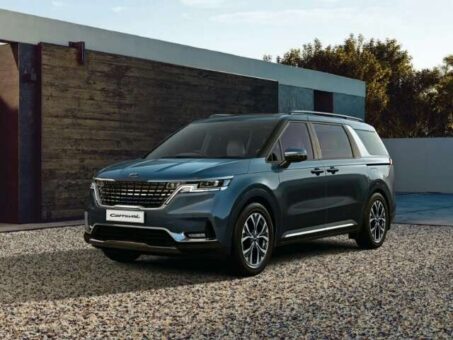Lucky Motor Corporation (LMC) announced to increase prices of KIA vehicles amid poor economic conditions. The revised prices are effective from May 06, 2023.
(more…)Category: Automotive
PkRevenue provides stories related to automotive industry. We focus on auto policy of Pakistan. The coverage also includes sales of domestic manufacturing.
-
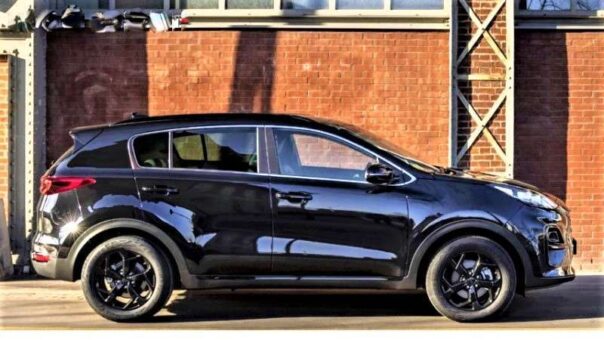
KIA to announce Sportage black edition in Pakistan
KIA Pakistan is going to announce the new Sportage black edition in Pakistan under its SUV lineup of KIA Sportage. Black Edition trim level typically includes a variety of blacked-out exterior and interior features.
(more…) -

Indus Motors recommends payment suspension for delayed delivery
Indus Motors Company Limited (INDU) has proposed the government to suspend payments to customers due to delayed deliveries, which are currently set at KIBOR+3%.
(more…) -
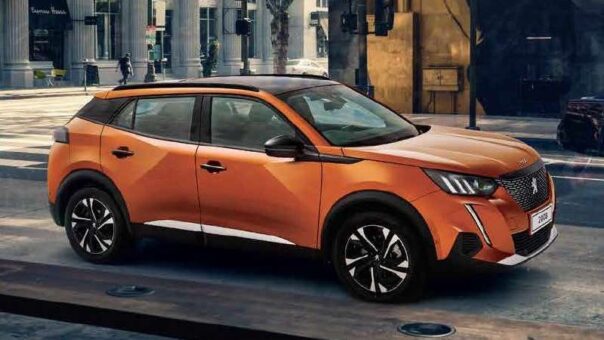
Latest prices of Peugeot 2008 variants in Pakistan
Following are the latest prices of Peugeot 2008 variants in Pakistan. These prices were last updated by Peugeot Pakistan on April 17, 2023 and have remained unchanged since then.
(more…) -
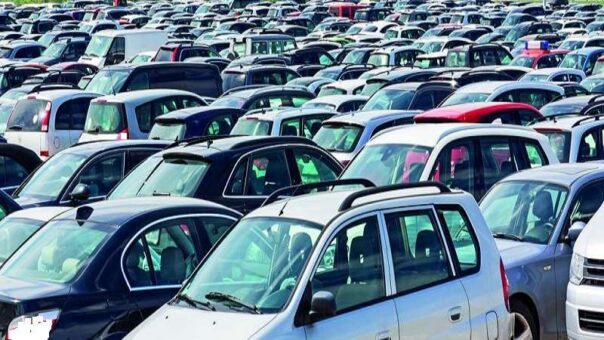
Impact of regulatory duty removal on used car prices in Pakistan
The Auto Traders and Importers Association on Thursday reacted to the end of the 20% regulatory duty on used imported cars in Pakistan.
(more…) -
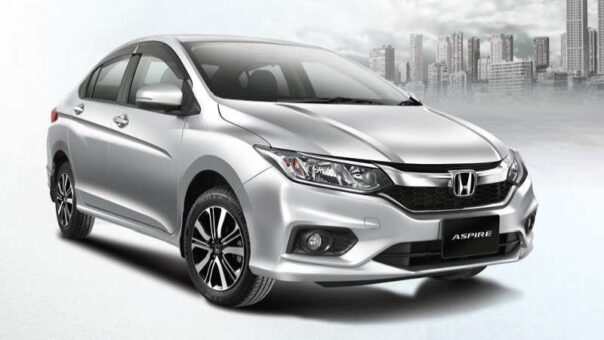
Latest prices of Honda City in Pakistan
Following are the latest prices of Honda City trims in Pakistan. These prices were last updated by Honda Pakistan on March 14, 2023 and have remained unchanged since then.
(more…) -
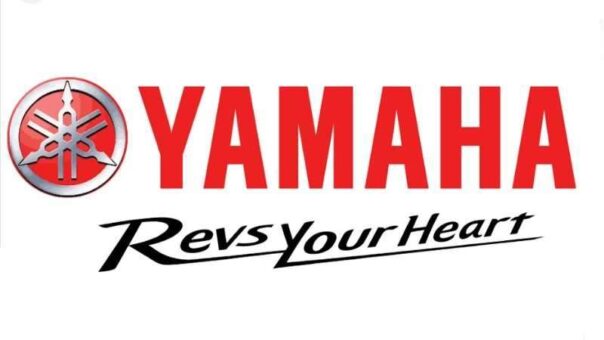
Yamaha increases bike prices – YBR 125G now costs Rs410,000
Amid inflation, Yamaha has adjusted the prices of its motorcycles. The Yamaha YBR 125G model is now priced at Rs410,000.
(more…) -
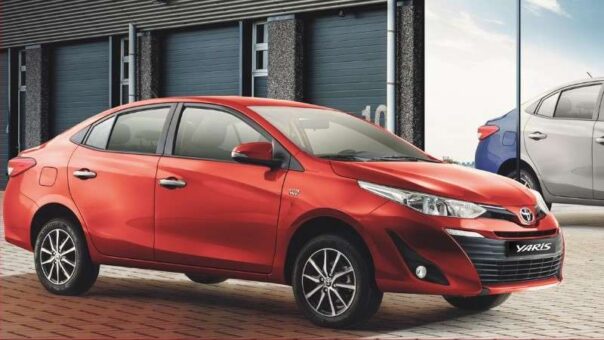
Instalment plan for Toyota Yaris variants
Toyota Yaris is highly regarded for its practicality, fuel efficiency, and affordability. It has gained a significant amount of popularity in Pakistan, becoming a preferred choice for many prospective car buyers.
(more…) -
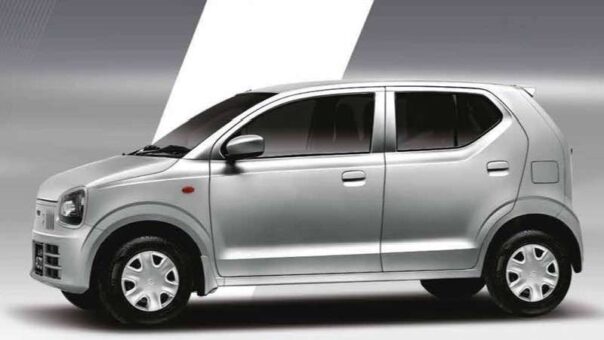
Prices of Suzuki Alto trims in Pakistan
Following are the latest prices of Suzuki Alto trims in Pakistan. The car is known for its small size, fuel efficiency, and affordability, making it a popular choice.
(more…) -
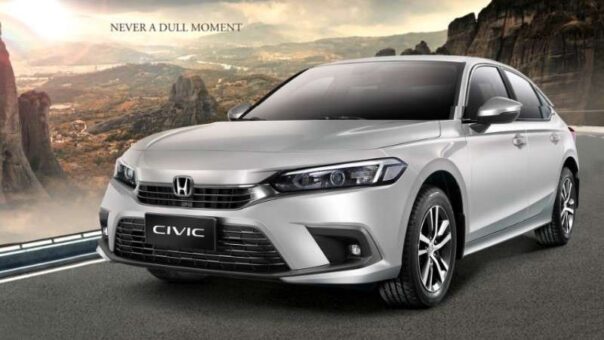
Prices of Honda Civic variants from May 01
Following are the latest prices of Honda Civic models from May 01, 2023. These prices were last updated by Honda Pakistan on March 14, 2023 and have remained unchanged since then.
(more…)
